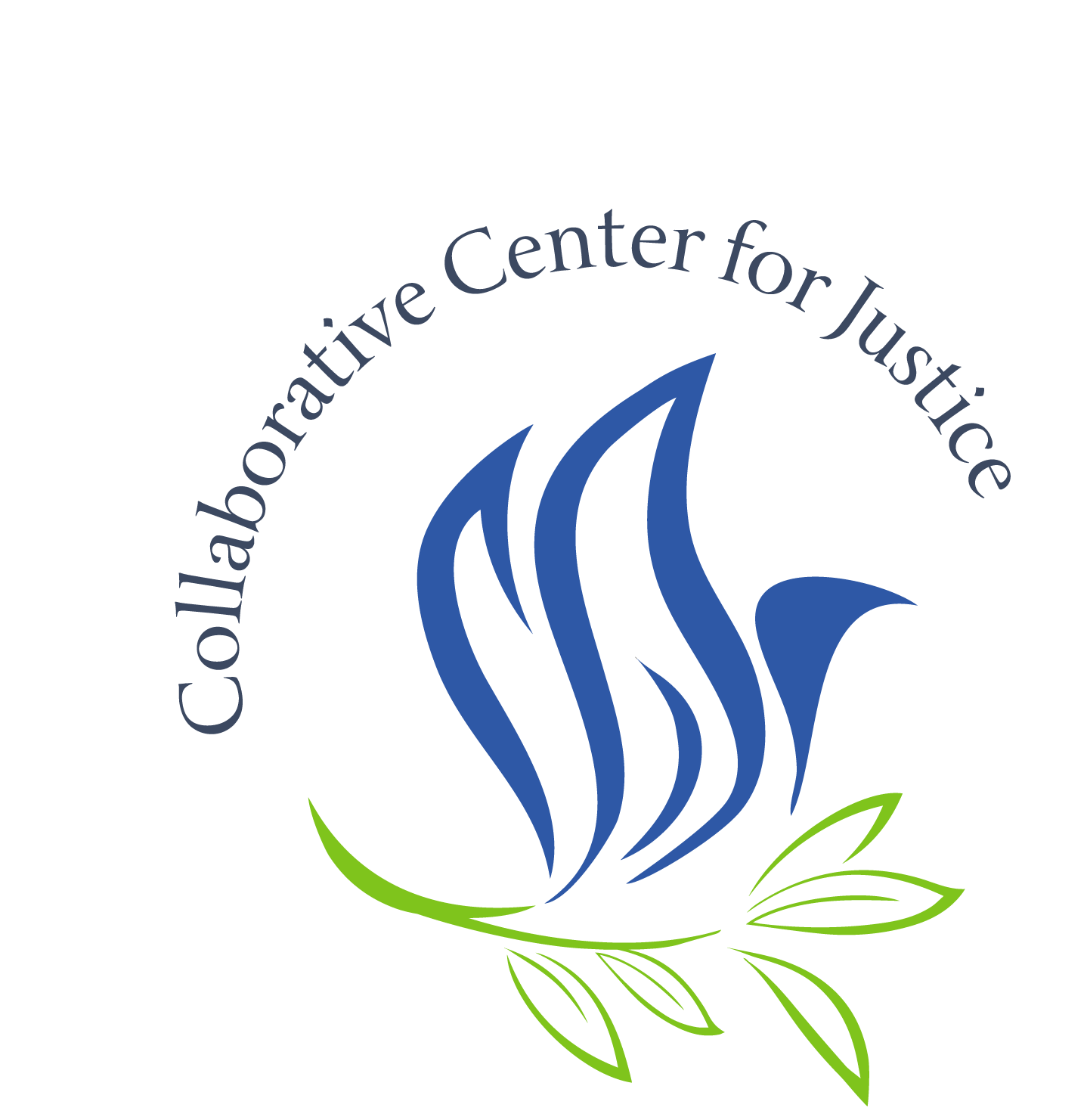
The reality of the climate crisis can be completely overwhelming. The Intergovernmental Panel on Climate Change (IPCC) tells us that we have a little over a decade to make significant changes before it becomes even more difficult to fix things fast enough to protect life as we know it. With the weight of this global, complex crisis pushing on our shoulders, we can feel paralyzed. But as Pope Francis reminds us in Laudato Si, there are simple, daily changes we can make in our own lifestyles that can truly have an impact on the outcome of this problem.
Pope Francis encourages us to not underestimate our own power, and the power of our local communities, to make impactful changes. Making small changes in our diet, such as reducing the amount of meat and dairy we eat and increasing plant-based meals, can be an individual and communal action that directly contributes to a reduction in greenhouse gas emissions. Such a decision can also support the necessity of shifting the way we use agricultural land, to a less carbon and methane heavy model that will more efficiently support a growing global population and sequester more carbon from the air. As more people and communities move toward more plant-based diets, the greater the impact of this decision.
Pope Francis reminds us that God “counts on our cooperation” (80). “Our cooperation” includes changes in our own lives that better reflect God’s love for humanity and all creation, and our commitment to protecting their wellbeing. We can think of our individual actions – what we eat, how much food we let go to waste, how much plastic we rely on, how we conserve water and energy – as a way of showing God’s love to and for one another and the earth. These daily decisions can be a way of putting our faith into action; even a spiritual practice of sorts. God is counting on the contributions of all of us, each with our individual gifts, to be part of the solution. Even if it seems like changing our diet or refusing single-use plastics is a small contribution, we should not underestimate its power and its necessity. Pope Francis calls us to see that our actions are necessary not only to protect creation for future generations, but because “what is at stake is our own dignity.”
Pope Francis also makes the point that those of us who live a wealthier and more privileged life have even more of a responsibility to make changes to our lifestyles. He reminds us that “warming caused by huge consumption on the part of some rich countries has repercussions on the poorest areas of the world” (51). Collectively, wealthier countries have disproportionately contributed to the problem, and we must be leaders in implementing solutions.
We have the moral responsibility to act. Good news: we also have the power to act, because many of our small daily choices really are up to us. He writes, “the effects of the present imbalance can only be reduced by our decisive action, here and now.” (161). Changing the trajectory of climate change requires multiple strategies, including policy changes and significant shifts away from fossil fuels and toward renewable energy.
Changes in public policy alone will not solve this crisis, partially because policy change takes longer and requires more collective political will. We need to take action across platforms and scope. Each of us can – and I think Pope Francis would argue, must – contribute in our daily lives. Civilization as we know it cannot afford for us to sit back and pretend that our contributions, whatever the size, don’t matter. What small step will you take today? Will you ask a friend to join you? You can challenge us to join you too!
Rachel Lea Scott
CCFJ Associate Director



